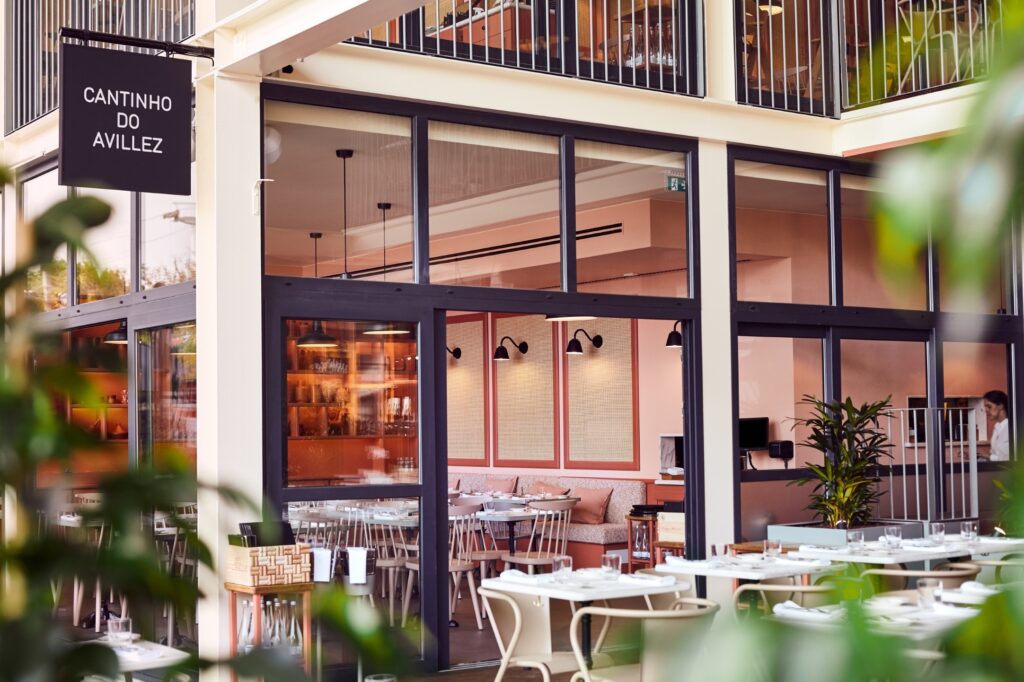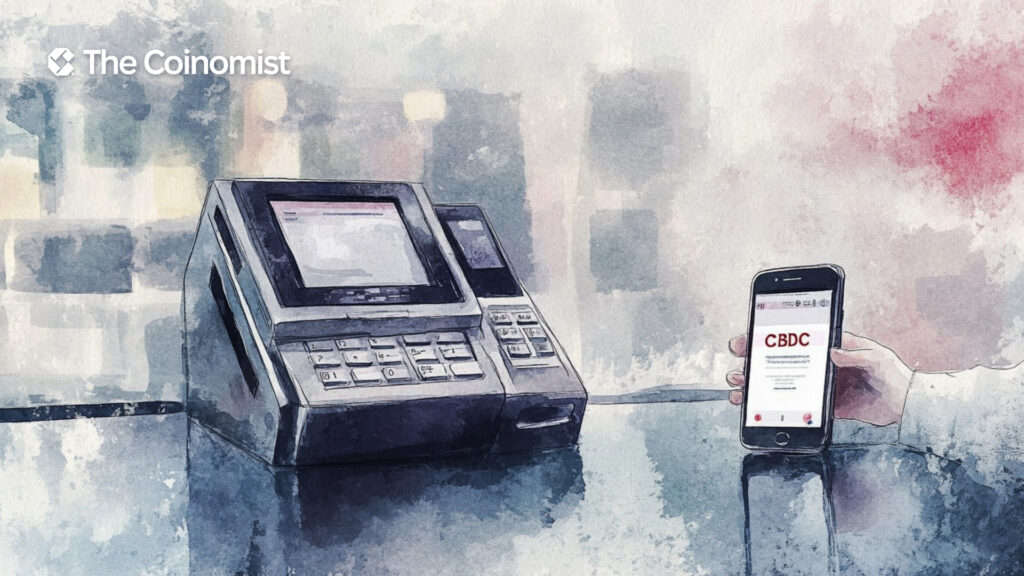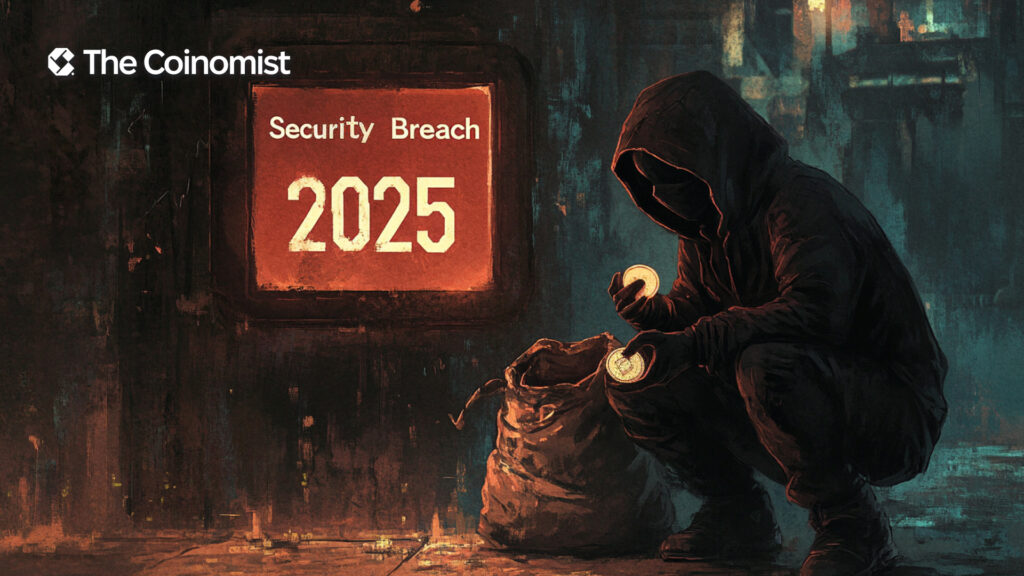Why Lisbon is Now Emerging as The Newest World’s Crypto Capital

Imagine a city of hills, narrow cobblestone streets, and fado music drifting from cozy bars. This is Lisbon, the capital of Portugal, now rapidly transforming into a modern crypto city.
On this page
If you're searching for a place where centuries-old traditions blend with cutting-edge technology, Lisbon should be at the top of your list.
Let’s explore what makes this Portuguese city a magnet for crypto enthusiasts.
Why Lisbon Has Become a Crypto City
Lisbon has rapidly established itself as a major hub in Europe’s crypto industry, thanks to a combination of progressive regulation, accessible infrastructure, and strong cultural appeal.
The city offers ideal conditions that have helped drive this transformation:
1. Favorable Crypto Regulations
Portugal has one of the most crypto-friendly tax systems in the European Union. Since 2018, the country has exempted private individuals from capital gains tax on cryptocurrency profits, provided the assets are held for more than one year. This has made Lisbon especially appealing to long-term investors.
The country’s crypto environment, overseen by the Bank of Portugal and the Portuguese Securities Market Commission (CMVM), actively supports the development of a crypto city.
While exchanges and platforms are still required to register as Virtual Asset Service Providers (VASPs) under the EU’s MiCA regulation, Portugal simplifies the process by offering legal assistance and tax incentives for startups.
2. Well-Designed Urban Infrastructure
Lisbon offers plenty of coworking spaces, office buildings, and green energy sources. While traffic in the city isn’t exactly smooth, and the historic center—with its many pedestrian zones—can make getting around quickly a challenge, both locals and city officials are committed to preserving its architectural heritage. And the constant stream of tourists shows that this decision makes perfect sense.
3. A Thriving Cultural Environment
Lisbon continues to attract crypto enthusiasts with its easygoing atmosphere, bohemian districts like Bairro Alto and Alfama, and a relatively low cost of living compared to other European capitals. Portugal’s strategic location—bridging Southern Europe and African markets—also makes it a convenient economic hub for global projects.
Prominent individuals and companies based in Lisbon include:
- Vítor Oliveira (co-founder of Luno Portugal)
- Maria Gomes (investor and advisor to blockchain startups)
- Portugal Ventures (Venture capital firm)
- Fabric Ventures (Venture capital firm)
- Outlier Ventures (Venture capital firm)
- CriptoLoja (Crypto payments infrastructure platform)

Related: No Taxes, No Worries—The Best Countries for Crypto Expats
Life in Europe’s Crypto City
Lisbon strikes an ideal balance between building a career in crypto and enjoying a relaxed lifestyle. After a day of meetings, coding, or shaping a marketing strategy, there’s nothing better than sipping coffee with a view of the Tagus at A Brasileira or dropping by a hackathon at LX Factory, where emerging technologies spark dynamic conversations.
The city is quickly embracing crypto payments—more restaurants and shops now accept digital currencies for everyday purchases. Don’t miss Cantinho do Avillez, where you can try authentic Portuguese dishes and pay for your meal with Bitcoin or stablecoins.
Moreover, millionaires are eagerly buying up penthouses in the Avenida da Liberdade district (where prices start at a million dollars), drawn by the privacy and prestige these residences offer. Meanwhile, hotels like The Yeatman and Pestana Palace provide top-tier comfort for blockchain conference attendees.
Landmarks like São Jorge Castle, with its sweeping views of the city, and the beaches of Cascais offer a welcome break after a busy day. Shopping in Chiado, wandering the narrow streets of Alfama, or wine tasting in the Douro Valley add a sense of ease and enjoyment to life in this sun-soaked crypto city, filled with ocean breeze.
Lisbon offers a lifestyle unlike any other, where crypto innovators can dive into their projects by day and unwind by the Belém waterfront or enjoy live fado music by night.

Related: Can You Really Live Off Crypto? Here’s What It Takes
Where to Catch Lisbon’s Crypto Pulse
Lisbon is a city where crypto life beats with full force.
Annual events like Blockchain Summit Lisbon and Portuguese Bitcoin Week at Villa Junceira draw thousands of attendees to explore the latest trends in Web3. Notably, regular participants include teams from Binance Portugal, Kraken Lisbon, Utrust, and CriptoLoja—all firmly rooted in Europe’s crypto capital.
Digital nomads can visit iconic crypto hotspots like Utrust’s office in Parque das Nações or Kraken Lisbon’s downtown headquarters, where hundreds of developers are building the next wave of blockchain innovation.
LX Factory, with its creative art spaces and crypto-friendly cafés, brings together Lisbon’s local character and the spirit of crypto culture.
The National Museum of Contemporary Art in Chiado attracts crypto enthusiasts with a passion for NFT art, while Praça do Comércio—with its sweeping views of the Tagus—has become a regular meeting point for the Portuguese crypto community. Every week, groups gather on the steps of the King José I monument to connect and share ideas.

Travel Tips for Visiting Lisbon
Exploring the crypto city is an exciting journey that promises plenty of memorable moments. However, like any long trip, it requires some planning.
Start by assessing your budget and choosing where to stay:
- Alfama and Graça
These historic neighborhoods offer hostels and apartments, ranging from $30 to $70 per night. Both areas provide easy access to affordable local restaurants. Graça is quieter and generally safer, though slightly farther from the city center (15–30 minutes by tram).
- Avenida da Liberdade and Parque das Nações
Accommodation here is more expensive (from $120 to $300 per night) and hotel rates starting at $150. Avenida da Liberdade is located near key crypto event venues, while Parque das Nações is known for its modern offices and coworking spaces. Higher prices reflect strong infrastructure and growing popularity.

Things to Know for First-Time Visitors
- Climate
Lisbon summers are hot (25–30°C), while winters are mild (10–12°C). Pack light clothing, and if you’re visiting between November and March, be sure to bring a rain jacket.
- Transportation
Tram and metro rides cost around €1–€2, but can be very crowded during rush hours. A taxi ride from outer districts to the city center typically costs €10–€15, with possible surcharges at night. Renting a bike (€10–€15 per day) can be a great alternative, if you’re up for pedaling through the city’s many hills.
- Etiquette
Respect local customs: keep noise levels down in historic areas, and especially near churches. English is widely spoken, but a polite “Obrigado” (thank you) is always appreciated. Avoid sensitive topics, particularly those related to sexuality or LGBTQ+ issues. Overall, such discussions are often considered taboo in Lisbon.
Never criticize the local cuisine or wine! In Portugal, that’s considered a serious insult.
Following these tips will help ensure your trip to Lisbon is smooth, enjoyable, and free of unwanted run-ins with local authorities.
If you're comfortable with a few cultural nuances, go ahead and pack your bags—crypto-friendly Lisbon is waiting.
Lisbon is ideal for:
- Digital nomads who value the cultural richness of old Europe and have the means to enjoy it
- Freelancers who are used to working in coworking spaces
However, it might not suit:
- Low-income travelers searching for budget housing options
- (although rental prices in Lisbon’s suburbs are 2–3 times lower, and public transportation is punctual and reliable)
- Tourists who prefer quiet places and want to avoid crowds
Related: Crypto Hubs: The Best Places to Navigate Cryptocurrency
The content on The Coinomist is for informational purposes only and should not be interpreted as financial advice. While we strive to provide accurate and up-to-date information, we do not guarantee the accuracy, completeness, or reliability of any content. Neither we accept liability for any errors or omissions in the information provided or for any financial losses incurred as a result of relying on this information. Actions based on this content are at your own risk. Always do your own research and consult a professional. See our Terms, Privacy Policy, and Disclaimers for more details.


























